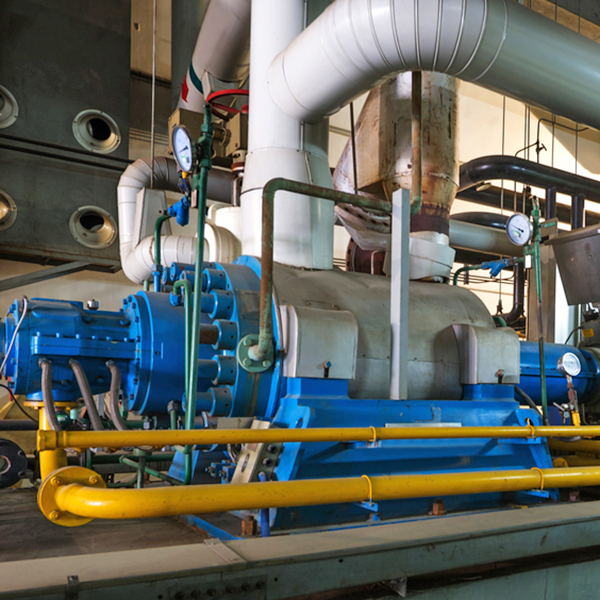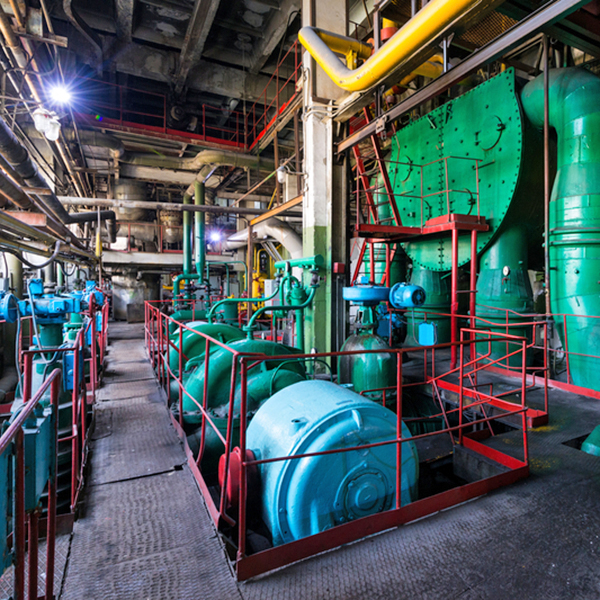Vacuum Pump Repair & Maintenance
Flue Gas Desulfurization (FGD) systems require the use of several different types of pumps to operate. These different types of pumps operate with several different pump capacities to work together to function efficiently. To successfully operate, FGD pumps are durable and versatile to work with different conditions and pipe loads. These pumps should be able to operate for 24,000 hours of continuous operation.

Pumps for FGD systems are made in two different types: all-metal pumps or rubber-lined cast-iron pumps. “Wetted” parts in a system must be made of corrosion-resistant materials since it comes in contact with substances that may break it down otherwise. One aspect of a well-designed system is that it provides 100% reinforcement of all liners. Rubber liners are less expensive and weigh less and they also offer a good amount of abrasion resistance, so they are favored in recent designs.
Some several different pumps and accessories are used with FGD systems. Below are three important pumps for the process:
Feed Pumps
This pump is important in the process as it brings the concentrated slurry feed into the system. It is typically a centrifugal pump, but there are certain occasions where screw pumps are used instead. A common type of pump material used for feed pumps is cast-iron rubber-lined pumps – especially used in limestone systems.
Fresh Water Pumps
For limestone FGD systems, freshwater is entered into the system at the ball mills, pump seals, and mist eliminator wash system. These pumps are typically standard centrifugal pumps. Several aspects impact freshwater pumps such as materials used, type of drive, and motor characteristics.
 Recycle Slurry Pumps
Recycle Slurry Pumps
This pump stands apart from other centrifugal pumps due to a few key characteristics. The wall thickness of wettened parts is greater than in traditional centrifugal pumps. To minimize the effects of abrasion, cutwater is less pronounced and the radial and axial thrust bearing on this pump are heavier. Since these pumps differ compared to standard centrifugal pumps, they may need additional attention and repairs may be harder to pinpoint a cause.
Pumps also require seals and roller bearings to perform correctly. Pumps are sealed with slurry mechanical seals and don’t require a freshwater flush. These seals can last for about three years with consistent wear. At the mechanical end of pumps, there is a heavy-duty shaft and bearing assembly. Cylindrical rolling bearings are used to absorb radical loads that are provided by the weight of the impeller. There are also double-tapered roller bearings to accommodate hydraulic thrust loads. These bearings can typically last for 100,000 hours of use.
Remove the risk of running into issues and inspect your FGD system and pumps regularly to ensure it is operating efficiently. For any operating or efficiency issues, call IA Mechanical. No job is too big or complex for us. We prioritize fast and quality service because we know that time means money for your business.



